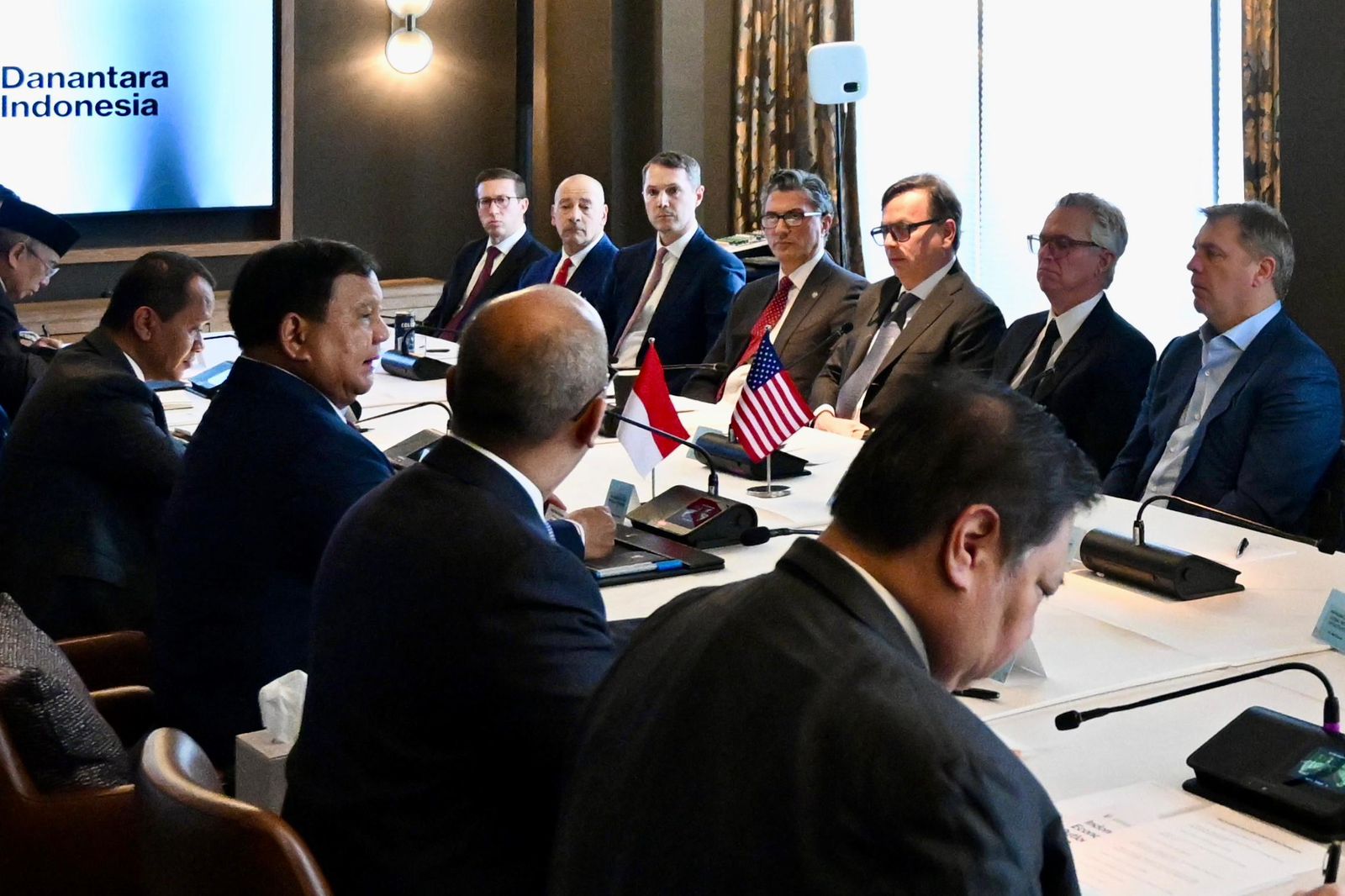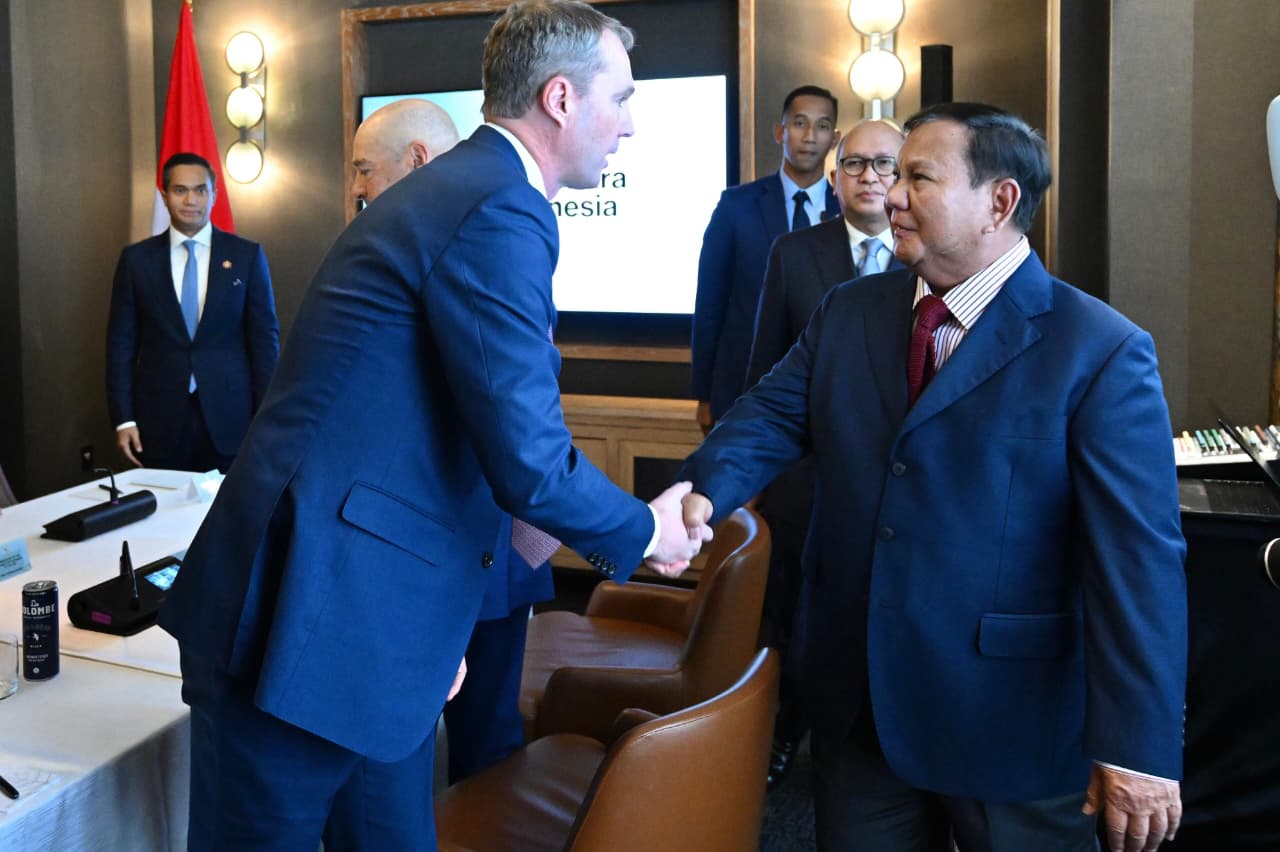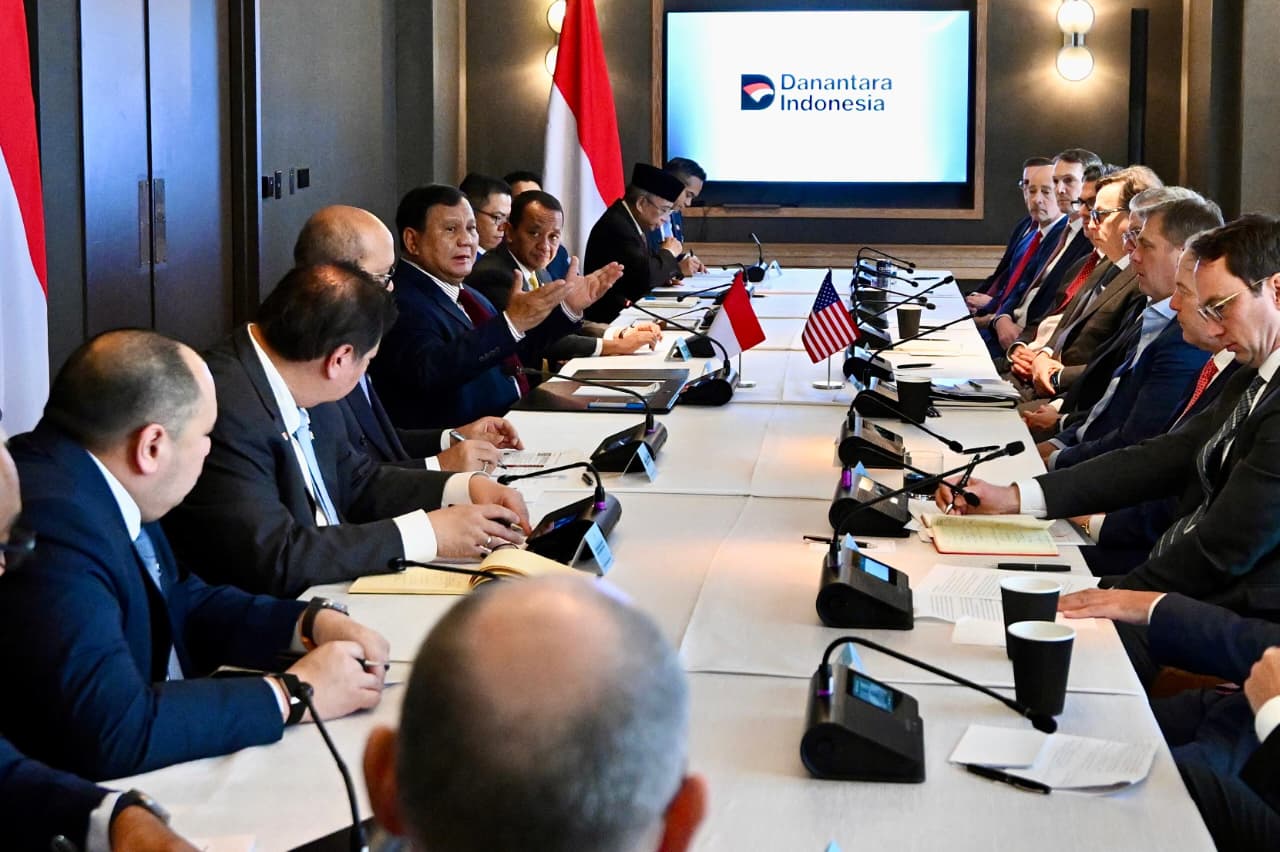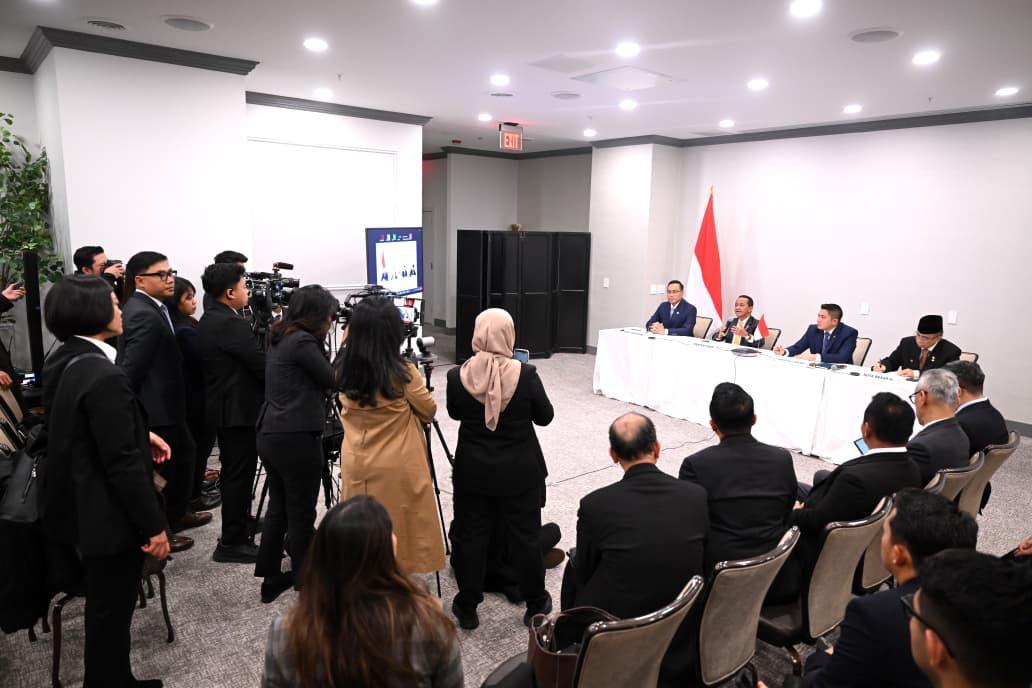Govt to Evaluate Toll Rates
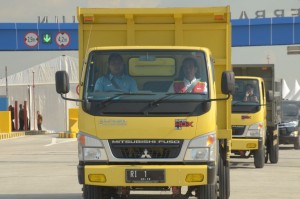
Photo Caption: President Jokowi inspects Ngawi-Wilangan section of Ngawi-Kertosono toll road, at Madiun Toll Gate, Bagi Village, Madiun District, Madiun, East Java, on Thursday (29/3). (Photo by: Oji/Public Relations Division of Cabinet Secretariat).
In response to the aspirations coming from toll road users who consider the current tariffs too high, especially the tariffs for logistics transportation, the Indonesian Government will evaluate tariffs of 39 toll roads across the country.
For the record, there are currently 4 tariff clusters for toll roads: Rp400 per km for the toll roads built from 1970 to 2000, Rp710 per km for the toll roads built from 2000 to 2010, Rp900 for the toll roads built from 2010 to 2015 and up to Rp1500 for the toll roads built after 2015, according to Minister of Public Works and Public Housing Basuki Hadimuljono.
The Minister added that in the first phase the Government will evaluate toll roads with tariff of Rp1000 and above.
“The Government will evaluate 39 toll roads,” the Minister said after accompanying President Joko Jokowi Widodo inaugurate Ngawi-Wilangan section of Ngawi-Kertosono toll road, at Madiun Toll Gate, Bagi Village, Madiun District, Madiun, East Java, Thursday (29/3).
The Minister further said that 36 from 39 toll roads will be evaluated because of their function for logistic transportation, including Solo-Ngawi, Ngawi-Kertosono and Kertosono-Mojokerto toll roads. He further explained that the Government has several options to reduce toll tariffs, including extending concessions for toll road management, simplifying vehicle classes, and providing tax incentives.
The concession period will be extended from 35 years to 50 years, while the class of vehicles will be simplified from 5 groups into 3 groups, by merging groups 2 and 3, and merging groups 4 and 5, the Minister said.
“Tax incentives will be explained further by Minister of Finance,” Basuki said, adding that in evaluating the toll tariff, the Government will also respect the contract, prioritize public interest and provide tax incentives to ensure returns of investment. (EN/OJI/ES) (RI/EP/Naster)





